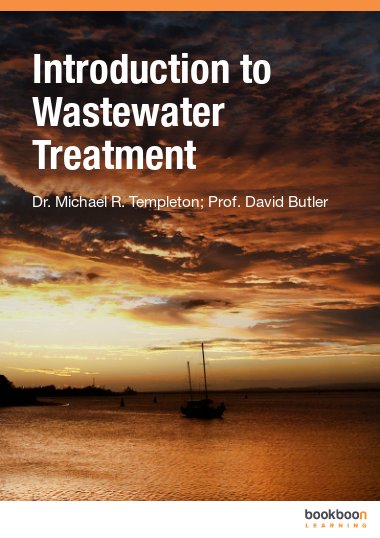This book provides an introduction to the fundamental concepts and equations that underlie the engineering processes in wastewater treatment. Topics include preliminary treatment, sedimentation, biological treatment, nutrient removal, disinfection, and sludge treatment. Also discussed are wastewater management issues in developing countries and emerging concerns and trends in wastewater treatment in developed countries.

